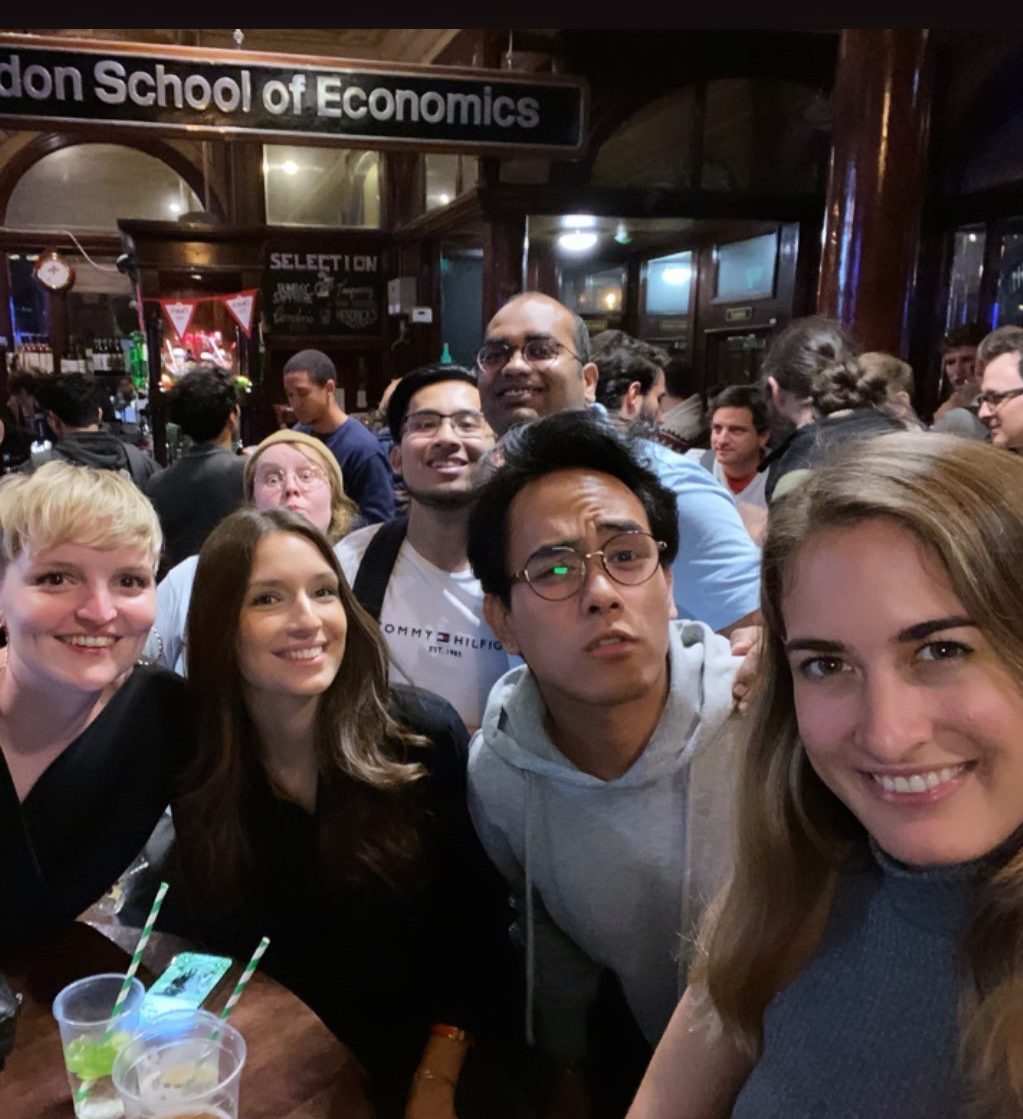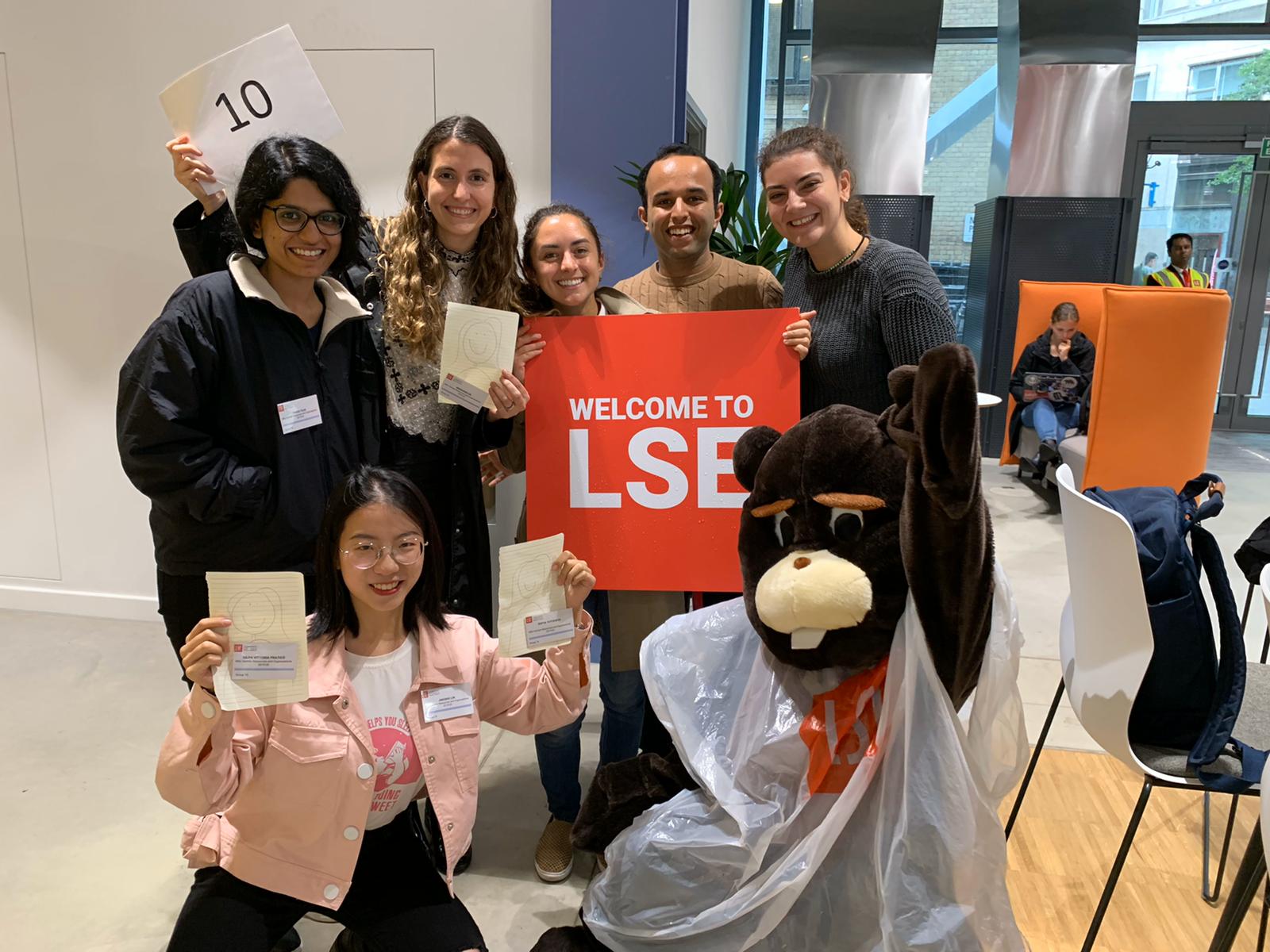MSc HRO (HRM/CIPD) graduate, Brandon Miranda, shares his real life advice with you on why good academics are not enough. Read Brandon’s tips on how to upskill yourself and get ready for real world employment.
I’d like to say that I’ve learned from my mistakes – honestly speaking, though, I feel I that I haven’t.
When I came to the UK as an undergraduate at one of the top universities, I thought for sure I would have no problems finding a graduate job straight after – I didn’t. When I came to do my master’s at LSE, I thought for sure I would have that long awaited graduate job straight after – I don’t.
What did I do wrong?
I assumed having a master’s from LSE and a CIPD qualification to boot was enough – it wasn’t.
Not to be too harsh on myself, it is COVID-19 times after all, but at the beginning of the year when all graduate job applications were opening, I did my “best” in applying for a lot of them, and yet I got nothing in return.
I’m a relatively experienced hire – I worked all my years during my undergraduate studies, and I held a job at a start-up for some time before starting at LSE. Yet, some of my peers in graduate school had much more experience than me – and, still, most of us are unemployed.
Impossible or almost-next-to-impossible graduate schemes aside, there are a lot of opportunities for graduates in HR out there. The thing is you only really learn half of what you need to even be recognised as a prospective employee in your master’s.
During your time at LSE, you will learn a lot about the strategic capacity of HR. But chances are, most of you may not have already been a veteran HR professional and breaking into this industry requires more than your academics, no matter how good your grades may be.
What they don’t teach you in the world of academia is that you absolutely need a TECHNICAL skill or two in HR.
Honestly, I thought that taking the course on strategic pay: key policies and practices would teach me how to implement something as basic as payroll but surprise surprise, it was all just about the application of theory.
That’s well and good and all… if you want to do a PhD and become a lecturer. But for some of us who need a job to earn our living straight away, or to secure a working visa sponsorship in the UK, trust me, knowing how to critically evaluate the workings of equity theory in a case study is just not enough.
…knowing how to critically evaluate the workings of equity theory in a case study is just not enough.
I needed the skills lab… and more.
The LSE Skills Lab is there for us to use but it was never really promoted for our learning in the course. Turns out, it could’ve really saved my face once or twice at an interview (or even during my dissertation) had I known to invest time in improving my excel skills or learning more about data analytics.
You need to start this right away – THIS is what will set your CV apart from the others. Not to mention ANY leadership role in ANY society will go a long long way in your job applications. JOIN A SOCIETY OR FOUND YOUR OWN (!!!)
Going back to LSE Digital Skills Lab, GRAB those certificates, work your way to putting “Excel Skills: Advanced” on your CV and DON’T STOP THERE. Get a 1-month trial to use LinkedIn learning and to finish some kind of HR software course and get that certificate on your profile.
If you’re hard-headed like me, read this: no matter what field of HR you think you’re going, YOU NEED THIS. If you don’t believe me, look on LinkedIn, Indeed, or Google jobs, search for entry level HR roles and see what skills they are looking for – it’s ridiculous but it’s the harsh reality.
…look on LinkedIn, Indeed, or Google jobs, search for entry level HR roles and see what skills they are looking for – it’s ridiculous but it’s the harsh reality.
Courses for you to consider
So, let’s not waste any more time, here are a few courses you might consider doing. You might even consider founding your own society for HR skills and just share some courses between yourselves – always remember to help each other. I’m here for that too.
For those interested in Pay and Rewards (aka Compensation and Benefits):
- https://www.udemy.com/course/payroll-management/
- https://www.linkedin.com/learning/human-resources-payroll/welcome
- https://www.linkedin.com/learning/human-resources-compensation-and-benefits/welcome
For those interested in People Analytics:
AI and HR:
For those interested in large organisations that use HRIS (If you have a specific employer in mind, find out what HRIS they use and study that):
- https://www.linkedin.com/learning/introduction-to-successfactors-foundation-module/meet-your-instructor-and-review-the-course-agenda
- https://www.linkedin.com/learning/learning-bamboohr/welcome
- https://www.linkedin.com/learning/learning-microsoft-dynamics-talent/empower-hr-teams-and-people-managers-with-dynamics-for-talent-2
For those interested in how to actually implement D&I in organisations (full list of courses):
For those interested in Talent Acquisition (you’re probably currently learning all about the ASA framework in MG480, well, here it is in practical application):
Might as well get this:
- Microsoft office specialist: https://info.lse.ac.uk/current-students/digital-skills-lab/mos
Or, at least this:
- https://info.lse.ac.uk/current-students/digital-skills-lab/excel
- https://www.linkedin.com/learning/excel-statistics-essential-training-1-2/what-is-data
Do this now if you want to do a quantitative dissertation. It’s highly valued by employers so why not:
Data Analytics:
Tableau:
Python:
- https://www.linkedin.com/learning/python-functions-for-data-science/python-functions-you-should-know
Learn more about our MSc Human Resources and Organisations programme









Hi Brandon,
I am Swati read your article and i was also planning to pursue MSc in HRO (CIPD) course. I have a total 6.5 yrs of work experience within corporate. So wanted to understand from you what should i expect and prepare more before applying for this program. Just to give you a background i am a Graduate in computer science engineering and in continuation did my MBA both in HR & marketing (as majors). So, wanted to pursue specialization in HR hence decided to pursue from one of the best institutes LSE as it focusses more on social aspect of the subject plus more on strategic HR and policy framework.
If you can advise on the same would be really helpful.
Thanks
Swati Bagga
Hi Swati. Thanks for leaving a comment for Brandon. Please allow me to suggest that you contact one of our current Student Ambassadors – they are very friendly and here to support. I am sure that they will be able to answer any questions that you have about the MSc in HRO (CIPD). Here’s the link to our HRO students: https://www.lse.ac.uk/management/study/student-ambassadors
Good luck!